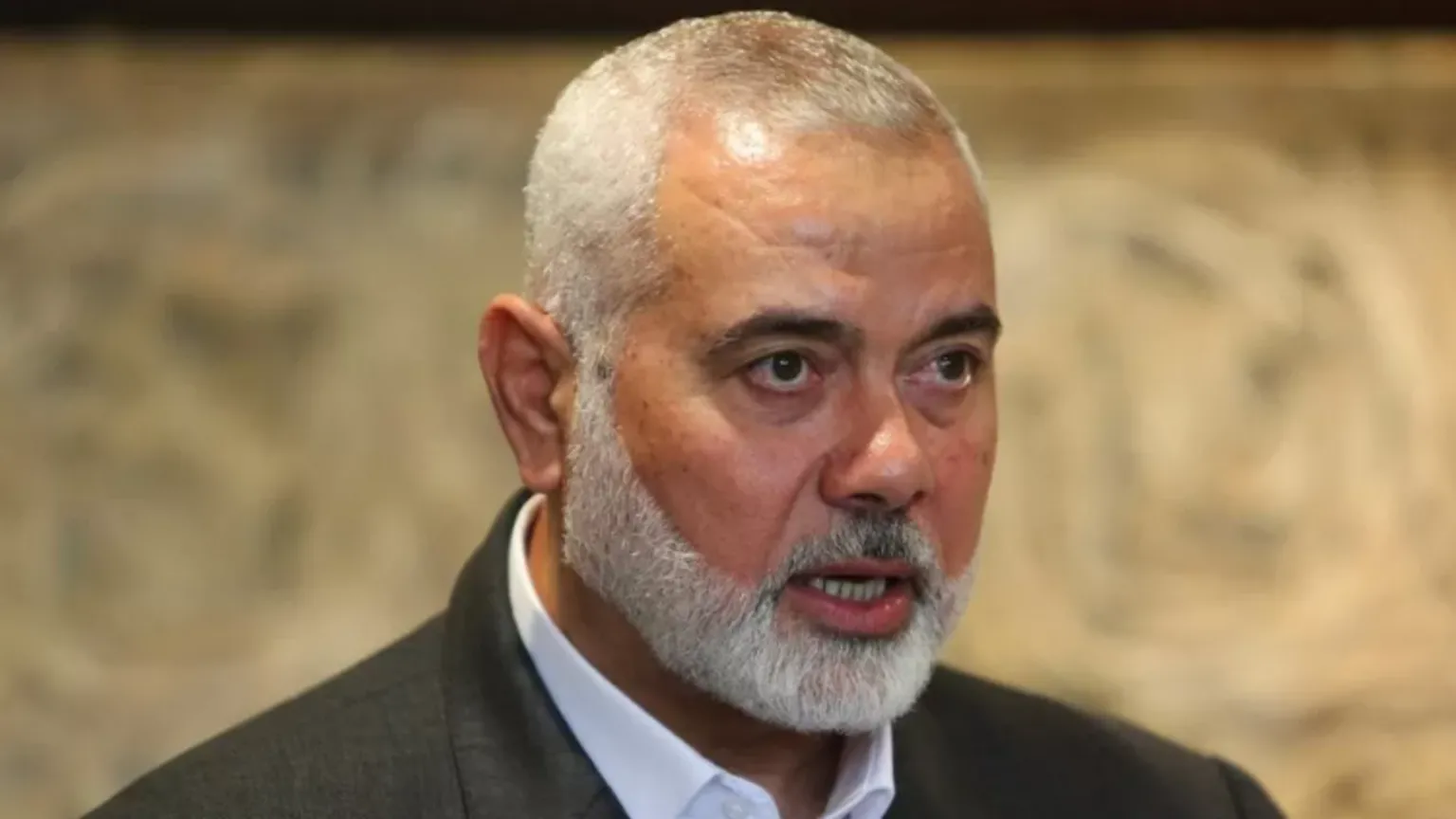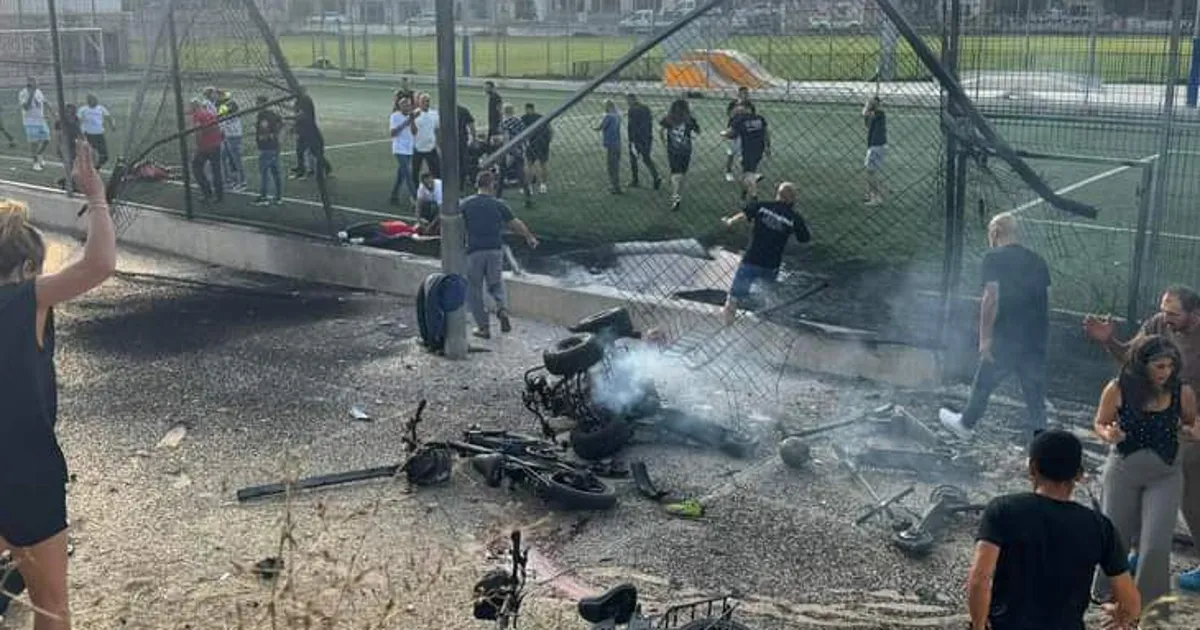On July 30, top Hamas leader Ismail Haniyeh was killed in an Israeli raid on his residence in Tehran, Iran. His death has been confirmed by Hamas. Haniyeh had been in Iran participating in the inauguration ceremony of the new Iranian president, Masoud Pezeshkian, who was sworn in on July 29. The Iranian Revolutionary Guard Corps (IRGC) stated that the incident is under investigation.
Ismail Haniyeh, 62, had been a significant figure within Hamas since the late 1980s. He was imprisoned by Israel in 1989 during the first Palestinian uprising and later exiled to a no-man's-land between Israel and Lebanon in 1992. Appointed Palestinian prime minister in 2006 by President Mahmoud Abbas after Hamas's electoral victory, Haniyeh was dismissed a year later following Hamas's violent ousting of Abbas's Fatah party from the Gaza Strip. Despite his dismissal, Haniyeh continued to govern in Gaza, rejecting his sacking as unconstitutional.
Haniyeh became the head of Hamas's political bureau in 2017 and was designated a terrorist by the US Department of State in 2018. He had been living in Qatar for several years prior to his death.
 Credit: Reuters - Hamas Soldiers
Credit: Reuters - Hamas Soldiers
Ismail Haniyeh's assassination comes at a time of escalating tensions between Israel and Iran. The killing of such a high-profile Hamas leader on Iranian soil is poised to have significant repercussions, likely leading to further retaliatory strikes and potentially expanding the conflict in the region.
The United States has consistently supported Israel's right to defend itself against terrorist activities, recognizing the security threats posed by groups like Hamas. However, Washington has also been a strong advocate for diplomatic solutions, emphasizing the importance of preventing an escalation that could draw in more regional actors and exacerbate already volatile situations.
The death of Haniyeh in Tehran complicates the geopolitical landscape even further. As a prominent figure within Hamas, Haniyeh's assassination by Israeli forces is not only a direct blow to Hamas but also a significant affront to Iran, which supports the militant group. This event is likely to inflame Iranian sentiments and provoke a series of retaliatory actions, potentially drawing Iran more directly into the conflict.
 Credit: Condé Nest Traveler - Tehran
Credit: Condé Nest Traveler - Tehran
Moreover, Haniyeh's killing could galvanize support for Hamas among its sympathizers and allies, leading to an increase in militant activities and attacks against Israeli targets. The cycle of violence could intensify, with each side seeking to avenge losses and assert dominance, making it increasingly difficult for diplomatic efforts to take hold.
The broader implications of this assassination are far-reaching. It risks triggering a larger scale conflict that could involve multiple world powers, including the United States, China, and Russia. As tensions rise, the international community faces the urgent task of preventing a full-scale war and stabilizing the region.


